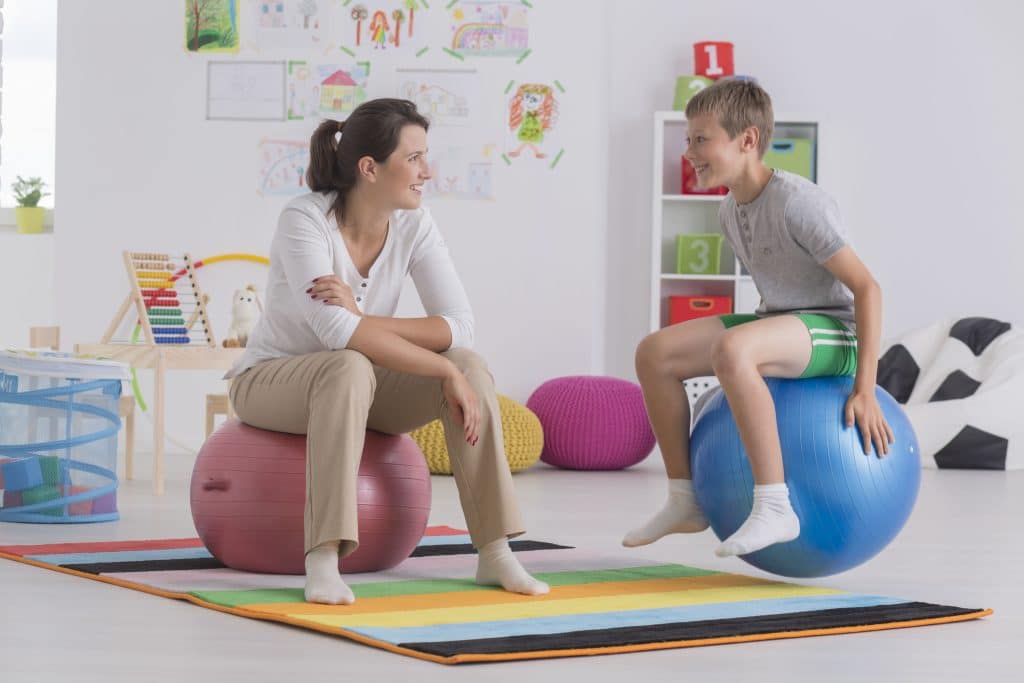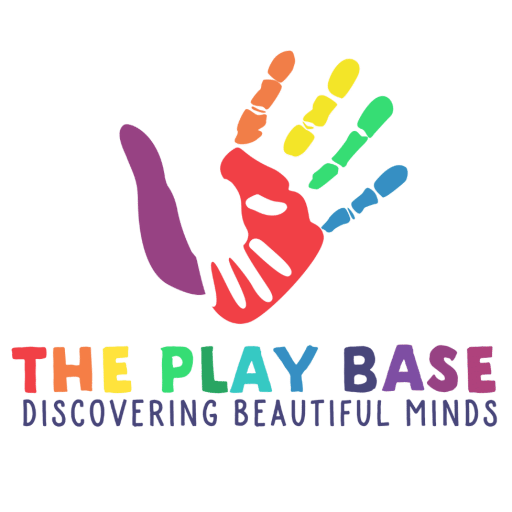Transitioning out of ABA therapy is a big step for both parents and children. It’s a sign of growth, progress, and new beginnings. But it can also bring uncertainty. What happens after therapy ends? How do you keep the momentum going at home or school? This guide will help you understand the process, prepare your child, and build a post-therapy support plan with confidence.
ABA Therapy Graduation: What Parents Need to Know About the Next Steps
The end of ABA therapy doesn’t mean the end of support. It means your child is ready to use the skills they’ve learned in more natural environments. Before therapy ends, your provider will usually develop a discharge or therapy graduation plan for autism. This often includes:
- A summary of your child’s progress
- Recommendations for future goals
- A transition timeline
- Resources for post ABA therapy support
This document is your roadmap. Use it as a guide to help your child keep growing.
Behavioral Independence After ABA: Tips for a Smooth Transition
Helping your child build behavioral independence after ABA requires practice and patience. Try these strategies:
- Practice daily routines at home like getting dressed, brushing teeth, and preparing meals.
- Use visual schedules to reinforce structure.
- Encourage choice-making to build independence.
- Reinforce positive behavior with praise and rewards.
- Fade prompts slowly so your child can complete tasks on their own.
Frances Fishman, founder of The Play Base, shares, “It’s not about replacing therapy—it’s about helping your child generalize those skills into everyday life. That’s where the real learning happens.”
The End of ABA Therapy: Creating a Personalized Autism Support Plan
Every child is different, so your post-ABA autism support plan should reflect their needs. Consider including:
- Continued speech or occupational therapy, if needed
- Social groups or peer playdates
- Life skills after ABA therapy such as money management, communication, or personal hygiene
- School-based IEP updates or classroom support
- Family routines to maintain structure
You can also work with ABA parent coaching services to guide you through this next phase.
When ABA Therapy Ends: Building Routines for Continued Success
A consistent home routine can help your child feel secure and confident. Create a plan that includes:
- Morning and bedtime routines
- Chores or daily responsibilities
- Social activities, like library story time or playgroups
- Screen time limits and healthy habits
Keep it simple and predictable. As Frances explains, “Routine builds trust and helps kids navigate the world around them with less stress.”
From ABA to Independence: Supporting Your Child’s Growth Beyond Therapy
While therapy provided structured support, the world outside of it offers new learning opportunities. Encourage your child to:
- Try new activities
- Communicate their needs in real-life settings
- Problem-solve with minimal adult help
- Interact with peers in unstructured environments
Look for behavioral independence programs or transitional autism care services that can offer community-based support.
Transitioning Out of ABA Therapy: A Parent’s Roadmap to Success
Here’s a simplified checklist for ABA therapy transition planning:
Before Therapy Ends:
- Review the autism therapy discharge checklist with your BCBA
- Schedule a parent coaching session
- Talk with your child’s school about upcoming changes
During the Transition:
- Reduce therapy hours gradually if possible
- Begin community programs or school-based supports
- Track your child’s behavior at home
After Therapy Ends:
- Maintain consistent expectations and routines
- Revisit goals every few months
- Reach out for help if new challenges arise
Frances emphasizes, “Progress doesn’t stop just because therapy ends. It simply shifts into a new setting. Parents play a powerful role in that journey.”
Your Next Step
If you’re preparing for the end of ABA therapy and don’t know what comes next, we’re here to help. At The Play Base, we guide families through every stage of the journey—from intensive therapy to successful transitions. Whether you need ABA parent coaching services, help creating a life skills plan, or just want advice on what to expect, we’re ready to support you.
Contact The Play Base today to learn more about how we can support your child’s next chapter.









